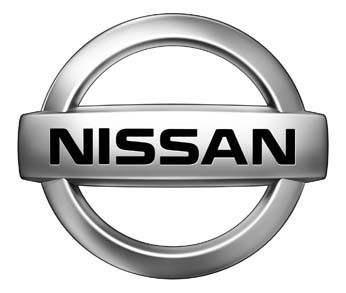Top Class Actions’s website and social media posts use affiliate links. If you make a purchase using such links, we may receive a commission, but it will not result in any additional charges to you. Please review our Affiliate Link Disclosure for more information.

Kirsten and Koby D., ages 10 and 15 respectively, died when an allegedly drunk driver rear-ended their family’s Nissan Altima outside of Austin, Texas in April 2015. Their mother Crystal and her two other sons Kris and Kody were seriously injured but survived. The driver of the truck that rear-ended the family’s car remains in jail awaiting trial on two counts of first-degree murder and three counts of aggravated assault with a deadly weapon.
The family has now filed a wrongful death lawsuit claiming Nissan designed their car with inadequate occupant protection systems. They allege that safer alternative designs were available that would have significantly reduced the possibility of injury or death, but that Nissan failed to use those designs. (Both Kirsten and Koby were wearing seat belts when the accident happened, according to the wrongful death lawsuit.)
The auto accident lawsuit raises claims including products liability and gross negligence, in addition to a claim for wrongful death. The claim seeks an unspecified amount of damages.
Wrongful Death Lawsuits
A wrongful death lawsuit such as the one Kirsten and Koby’s family is bringing is a type of claim that specifically seeks to compensate a deceased victim’s survivors for their own losses that flow from the victim’s death when that death occurred due to someone else’s fault.
There is much variance between different U.S. states as to the details involved in a wrongful death claim, such as who may sue and what sorts of losses can be compensated. All states allow immediate family members – spouses, children, and parents of unmarried children – to bring a wrongful death lawsuit. Some states may allow other persons to sue as well: domestic partners, distant relatives, or simply anyone who incurs some loss due to the death may also have a wrongful death claim.
Damages recovered in a wrongful death lawsuit may provide compensation for different types of losses. Economic damages cover the measurable economic losses related to the death. These may include funeral expenses, medical expenses prior to death, loss of the earnings the victim would have provided had he or she lived, loss of other financial benefits such as insurance or pension payments, or loss of an inheritance if that loss is related to the untimeliness of the victim’s death.
Non-economic damages cover harder-to-measure harms, such as the survivors’ emotional pain due to the loss of their loved one. It’s also possible to compensate for the loss of the familial or spousal relationship itself.
Where the behavior causing the death was particularly culpable, the survivors may also be entitled to punitive damages. Many states restrict the availability of punitive damages in wrongful death lawsuits, such as where the entity responsible for the death was a government agency.
Other states may allow as much as treble damages, or three times the amount of actual damages, in certain specific circumstances such as in cases of elder abuse by a nursing home. And in addition to punitive damages, some states allow the plaintiff to recover their attorneys’ fees and costs of litigation where the defendant was particularly at fault.
Obtain a Free Wrongful Death Case Evaluation
If your loved one died from a personal injury caused by the negligence or intentional misconduct of another party, you may be able to pursue compensation for your loss, including but not limited to: medical or funeral expenses, loss of financial support, pain and suffering, loss of consortium, and punitive damages.
The following types of wrongful death cases are common examples of what a family member can sue for:
- Car Accidents
- Bicycle or Pedestrian Accidents
- Motorcycle Accidents
- Boating Accidents
- Medical Malpractice
- Medication Errors
- Workplace Accidents
- Drowning Accidents
- Nursing Home Neglect/Abuse
- Slip and Fall Accidents
- Defective Products
- Other Personal Injury Claims that Caused the Death














